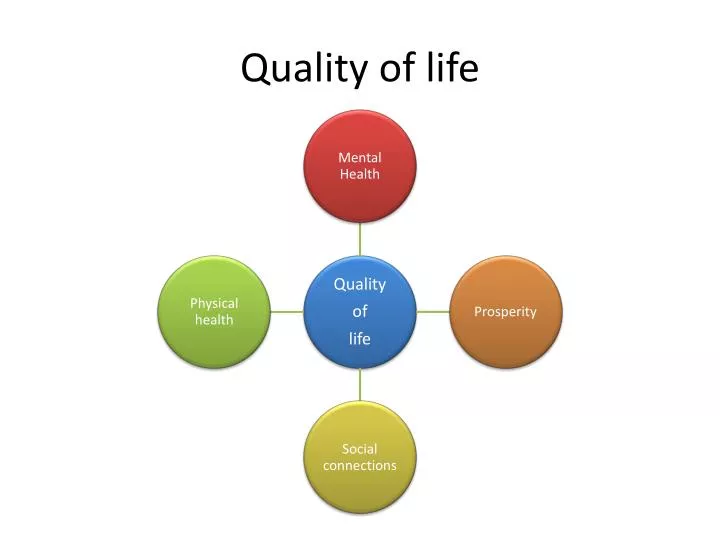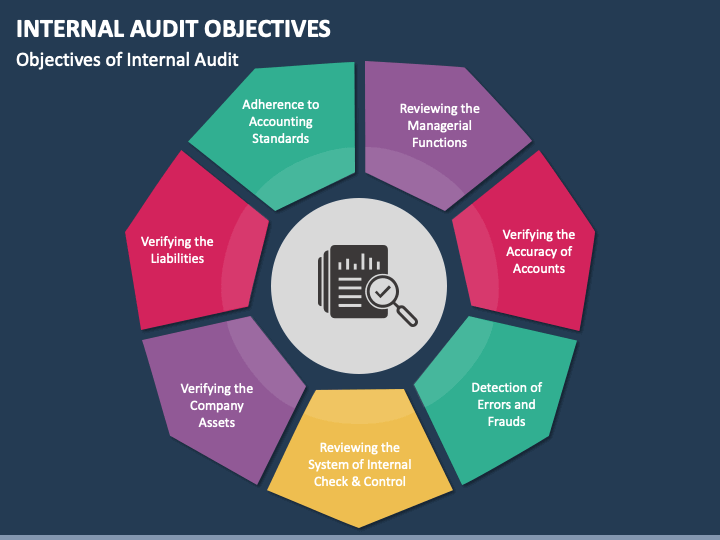Why Being Decorous Enhances Your Life Quality

The Importance of Being Decorous

In an era where social media platforms echo with unabashed self-expression, understanding etiquette and decorum might seem out of place or even unnecessary. Yet, it is precisely in these modern times that the virtues of politeness, respect, and courtesy shine the brightest, offering an edge in both personal and professional settings. Here's why embracing decorum can enhance your life quality:
Professional Advancement


In the fast-paced corporate world, decorum can be your passport to professional success:
- Networking: Polite behavior fosters stronger connections with colleagues, superiors, and clients. Good manners leave lasting impressions.
- Advancement: Those who exhibit decorum often stand out as leaders. Companies value individuals who can navigate social and business settings gracefully.
- Resolving Conflicts: A decorous approach helps de-escalate tensions, making it easier to find resolutions or common ground.
Personal Relationships

Decorum is the bedrock of meaningful personal relationships:
- Respect: It signals respect, which is essential for any relationship to thrive.
- Closeness: Good manners encourage openness and trust, deepening bonds with friends, family, and partners.
- Conflict Management: When disagreements arise, decorum helps in addressing issues without causing lasting harm.
Mental Health and Well-being


The benefits of decorum extend to psychological well-being:
- Stress Reduction: A courteous lifestyle often results in less conflict and thus less stress.
- Self-respect: By exhibiting good manners, we internalize respect for ourselves, which contributes to self-esteem.
- Positive Outlook: Engaging in polite interactions can help foster a more positive view of the world.
Social Harmony

Societies thrive when decorum is the norm:
- Civility: Civility in public spaces promotes harmony and reduces societal friction.
- Community: It encourages a sense of community, where people feel connected to those around them.
- Social Cohesion: Good manners can bridge divides, fostering social cohesion even among diverse groups.
Enhancing Life Quality Through Decorum


Decorum acts as a soft skill that not only enhances your own life but also contributes positively to others:
- Opportunities: Being decorous can open doors to opportunities that might not have been available otherwise.
- Legacy: It helps in creating a legacy of kindness and respect that extends beyond one's lifetime.
- Personal Growth: Practicing decorum forces personal growth, helping you become more aware and considerate.
By integrating decorum into daily life, you'll find yourself in a world where people are more willing to listen, more open to compromise, and more respectful in their interactions with you. Here are some steps to cultivate decorum:
- Observe: Watch how polite people conduct themselves.
- Practice: Practice active listening and responding thoughtfully in conversations.
- Seek Feedback: Ask friends or mentors for feedback on your manners.
- Learn: Invest in reading or attending workshops on etiquette and decorum.
- Reflect: Regularly reflect on your behavior and how you can improve.
📝 Note: While good manners should come from a genuine place, initially focusing on being polite can help foster genuine respect over time.
In summary, decorum has the power to transform your life's quality. Professionally, it can lead to advancement. Personally, it can strengthen relationships. Mentally, it promotes well-being. Socially, it fosters harmony. By making decorum a habit, you not only enrich your life but also contribute to creating a better environment for everyone around you.
Why is decorum important in the modern world?

+
In today’s fast-paced digital world, decorum might seem quaint, yet it stands out as a valuable trait. It promotes professionalism, strengthens personal relationships, supports mental well-being, and fosters social cohesion, making life more pleasant and manageable.
Can decorum really influence career growth?

+
Absolutely. Good manners often lead to better networking opportunities, present you as a leader, and provide a framework for handling conflicts effectively, all of which can catalyze career advancement.
How does decorum affect mental health?

+
Practicing decorum reduces stress through fewer conflicts, enhances self-respect, and promotes a more positive outlook, all of which contribute to better mental health.
Are there cultural differences in decorum?

+
Yes, decorum can vary greatly across cultures. While the core principles of respect and politeness are universal, the specific behaviors or customs that demonstrate these principles might differ.
Can I learn decorum as an adult?

+
Definitely! Learning decorum involves observation, practice, seeking feedback, and continuous personal growth. Many people refine their manners well into adulthood.



